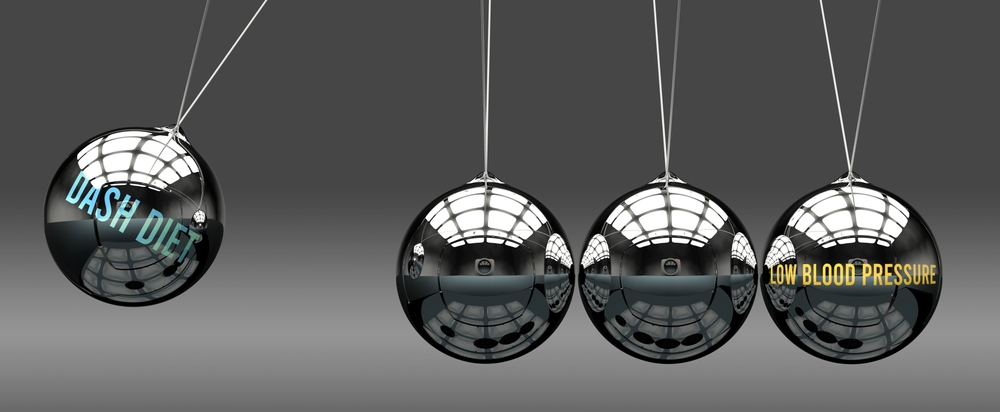Managing both chronic kidney disease (CKD) and hypertension can feel like a balancing act. Add dietary decisions into the mix, and it can get overwhelming fast. However, there’s one diet that’s consistently recommended for people with high blood pressure and kidney concerns, the DASH diet. But is the DASH diet for CKD and hypertension truly the right fit? Let’s explore what this diet entails, why it’s recommended, and how you might be able to adapt it to your needs.
What Exactly Is the DASH Diet for CKD and Hypertension?
When doctors talk about the DASH diet for CKD and hypertension, they are referring to a dietary approach that stands for Dietary Approaches to Stop Hypertension. The diet was initially created to help people lower blood pressure by reducing sodium and focusing on nutrient-rich foods. The core principles of the DASH diet include:
- High intake of fruits and vegetables (think potassium-packed, which helps balance sodium)
- Low-fat dairy for a calcium boost
- Whole grains that provide fiber
- Limited sodium, added sugars, and unhealthy fats
This diet’s success lies in its nutrient profile, it’s designed to combat high blood pressure by creating a balanced, low-sodium environment in the body. But how does this fit with CKD? Since CKD also involves managing sodium levels, the DASH diet for hypertension and CKD seems like a logical choice. However, CKD patients may need to make some careful adjustments, especially around nutrients like potassium and protein, to align the diet with their needs.
The Benefits of the DASH Diet for CKD and Hypertension
The DASH diet for CKD and hypertension is popular for a reason. It does not just help with high blood pressure; it’s a heart-friendly, kidney-friendly way of eating. Here’s why:
Blood Pressure Management
Hypertension can damage blood vessels in the kidneys, making it harder for the kidneys to filter waste effectively. By reducing sodium and emphasizing potassium, the DASH diet helps lower blood pressure, which takes some pressure off the kidneys.
Nutrient-Rich Foods to Support Kidney Health
The DASH diet focuses on nutrient-dense foods, which provide essential vitamins and minerals without overloading the kidneys with unhealthy fats or sugars. This balance can slow down CKD progression and reduce heart disease risk.
Sodium Control
Sodium is a significant concern for both CKD and hypertension. By limiting salt, the DASH diet helps prevent fluid buildup, easing the workload on kidneys and reducing swelling.
For many people with CKD and hypertension, adopting the DASH diet for CKD and hypertension means gaining better control over their health and giving their kidneys a much-needed break.
How to Tailor the DASH Diet for CKD and Hypertension
So, you are interested in the DASH diet but is it realistic for your CKD needs? Here are a few key tips:
- Be Mindful of Potassium: The DASH diet includes potassium-rich foods like bananas and oranges. However, for CKD patients, excessive potassium can strain the kidneys. Choose lower-potassium options like apples, berries, and cauliflower.
- Limit Phosphorus-Rich Foods: Dairy, nuts, and certain whole grains are higher in phosphorus, which can be taxing on the kidneys. Stick to low-phosphorus options and check with a dietitian if you are unsure.
- Protein Portions Matter: The DASH diet encourages lean proteins, but CKD patients may need to limit protein intake to reduce kidney strain. Choose smaller portions and focus on high-quality sources.
- Low-Sodium Options Are Essential: Processed foods are typically high in sodium, so sticking to fresh ingredients is ideal. Preparing meals at home also gives you more control over sodium intake.
With these adjustments, the DASH diet for hypertension and CKD can be adapted to your lifestyle. Working with a healthcare provider or dietitian is key to making sure you are balancing nutrients without overburdening your kidneys.
FAQs on the DASH Diet for CKD and Hypertension
Curious about some of the finer details? Here are answers to common questions about the DASH diet for CKD and hypertension:
Is the DASH diet safe for all stages of CKD?
The DASH diet for CKD and hypertension can be adjusted for different stages of CKD, but advanced CKD stages often require more specific dietary changes.
What foods should I avoid in the DASH diet if I have CKD?
Reduce consumption of potassium- and phosphorus-rich foods, including bananas, potatoes, and dairy products. Instead, make the choice for fruits and vegetables with lower potassium content and adjust your protein choices accordingly.
Can the DASH diet help lower blood pressure in CKD?
Yes! The DASH diet for hypertension and CKD lowers blood pressure by reducing sodium and encouraging balanced nutrients, which protects both your heart and kidneys.
The Role of Clinical Research in Advancing CKD and Hypertension Care
As effective as the DASH diet for CKD and hypertension is, clinical research continues to refine dietary approaches for these conditions. Hypertension clinical trials are investigating new treatments, and diets to improve outcomes, while CKD clinical research is exploring therapies that could one day make CKD easier to manage.
If you are interested in new treatments options, enrolling in CKD or hypertension clinical research could be beneficial. By participating, you not only gain access to potential new therapies but also contribute to vital advancements in understanding how CKD and hypertension interact.
In A Nutshell
So, is the DASH diet for hypertension and CKD the right choice for you? With careful adjustments, it can be a powerful tool in managing both conditions. This diet emphasizes the foods that protect the heart and kidneys, all while helping to lower blood pressure and slow CKD progression. While it’s essential to work closely with a healthcare provider to adapt the diet to your needs, the DASH diet is more than just a meal plan, it’s a pathway to better health.
For anyone having CKD and hypertension, the DASH diet offers a structured yet adaptable framework that supports kidney function and cardiovascular health. Whether you are just starting on the DASH diet or looking to refine it, remember that every small change counts toward healthier kidneys and a stronger heart.




